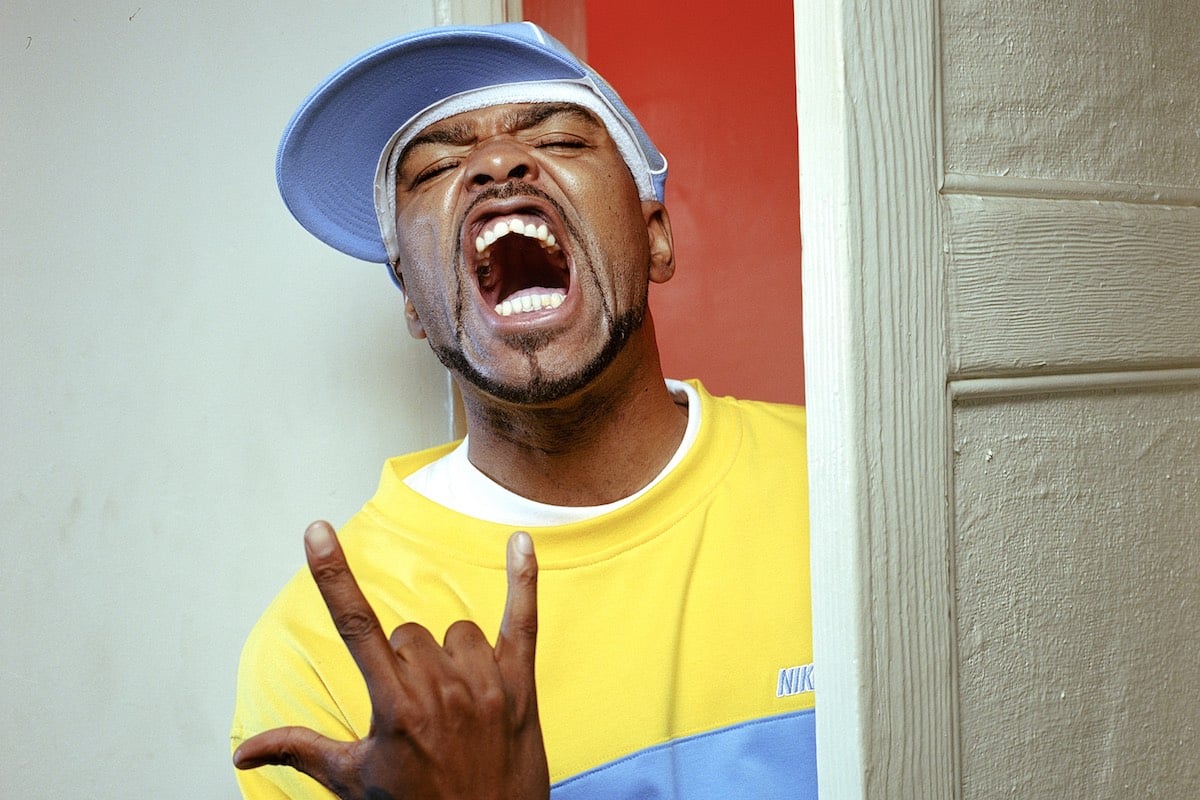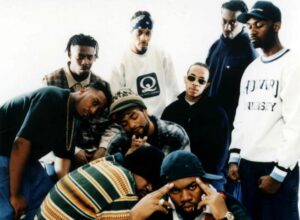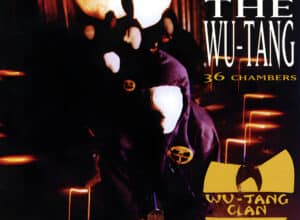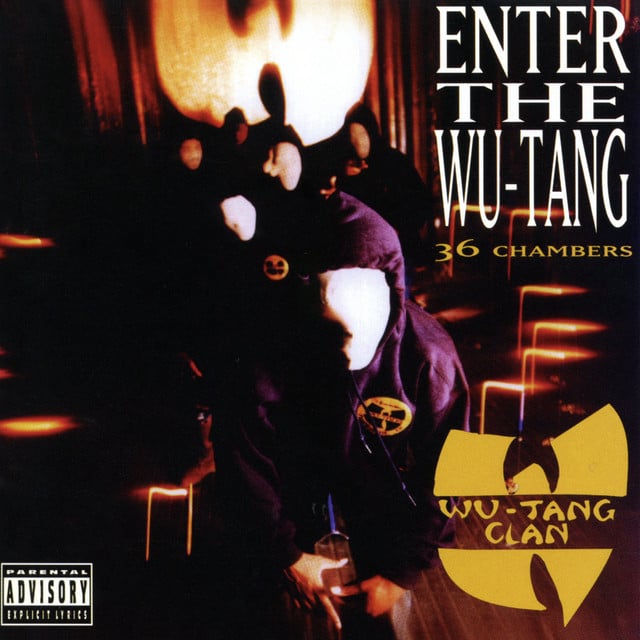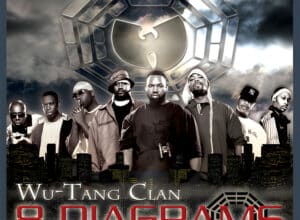Released: 1993 • Features: RZA, Method Man, Inspectah Deck, Raekwon, U-God, “Ol Dirty Bastard”, Ghostface Killah, GZA
“Protect Ya Neck” is a sonic declaration of war from the iconic Wu-Tang Clan, where each member flexes their lyrical prowess, delivering metaphoric threats to competitors in the industry. The song articulates the crew’s stalwart dedication to their craft, and their insatiable hunger for domination in the rap game.
The track starts with a casual phone call, setting the tone for the impending lyrical onslaught. The title “Protect Ya Neck” is a warning sign, a call to competitors to guard themselves for the promised lyrical assault from the Clan. It reinforces their standout brand of authentic, gritty street rap, filled with grimy punchlines and calculated threats.
Inspectah Deck kicks off the lyrical tirade with a verse loaded with metaphors. He compares his lyrical skills to “Smokin’ Joe” Frazier and “Spiderman,” signifying his domineering and heroic lyrical ability. Reference to “Tevin Campbell’s” song “Goodbye” further underlines his triumph over anyone who dares to challenge him. His verse ends on an elevated note, declaring him a bigger noise creator than “heavy metal”.
![Enter The Wu-Tang (36 Chambers) [Expanded Edition]](https://beats-rhymes-lists.com/wp-content/uploads/2024/01/image-3.jpeg)
Raekwon further amplifies this aggression with evocative visuals, carrying a deadly threat of blowing up the ‘projects.’ References like this make their verses relatable to the struggles of the average Joe in the ‘hood, while commenting on the socio-economic plights plaguing these communities. He draws analogies from mathematic bombs and “the melting pot”, painting a chaotic picture of their lyrical battlefields.
Method Man infuses the track with his eccentric style, likening inferior ‘game’ to ‘small change’, indicating their superior position in the genre. He uses popular culture reference to the TV show “Fame” to suggest that his style will live on eternally. The referencing of ‘the one-six-ooh’ pays homage to the 160 housing projects in Staten Island, showing their cultural rootedness.
Ol’ Dirty Bastard sticks pins into competitors like a “nurse,” effortlessly blending violence with a sense of mundane authenticity. He asserts his superiority, not allowing any man to infiltrate his realm, which he likened to wintertime – harsh and unwelcoming. There are also mentions of ‘Ason Unique’ which is an alias for Ol’ Dirty Bastard, further stamping his personal brand of creativity into his verses.
The song reaches its zenith with GZA’s scalding critique of music labels, equating some to “Cold Killin'” companies that haven’t had successful acts since ‘Aunt Mabel,’ an antiquated reference implying their ineptitude. He openly mocks A&Rs, who, despite their lack of understanding of the essence of hip-hop, are in charge of identifying and nurturing talent. This verse, a rebellious stand against the music industry’s exploitation and misunderstanding of the culture and craft, solidifies Wu-Tang’s reputation as daring disruptors.
In essence, “Protect Ya Neck” is not just a track, it’s a territorial assertion, a bold proclamation of supremacy, throwing a gauntlet to anyone who dares challenge the Clan’s authority in the hip-hop realm.
